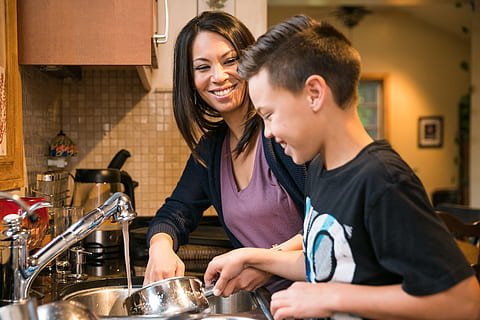When I finished high school I enrolled in a combined Law/Accounting degree. I persevered for 3 years before deciding it wasn't for me, however the reason I even started it is an interesting one.
In my final two years at high school I had the same teacher for Legal Studies, Accounting, and Economics. I thoroughly enjoyed all three classes, and as is often the case the reason was my teacher. I have vivid memories of completing questions in Accounting only to find that my answer was different to the one in the book. My teacher's response to this wasn't to tell me I was wrong, but rather to work through questions with me, and more often than not he would agree with my answer over the one in the book. This finding was subsequently supported by the others in the class who would also come to my conclusion (I tended to work very quickly and so their independent work would corroborate mine). In my (no doubt inaccurate) memory this led to my answer being assumed valid.
People will forget what you said, people will forget what you did, but people will never forget how you made them feel.
The feeling this left me with was one that "my thoughts and views are valid, even if they're different to the textbook". This is one of those moments in my life that set me on a particular course. As my education progressed through university I found less opportunity to discover my own path, and ended up deciding that neither Law nor Accounting had space for the flexibility that I'd enjoyed in my high school studies of the same topics. The freedom to find our own answers (or to discover existing answers our own way) is something that has stuck with me throughout my life, something I attribute to memories like those from my year 11 Accounting class.
Of course when we parent we tend to take a different approach as our children go through different stages. Without realising it we apply a situational leadership telling style, implying to our children that this is the only way to do it. If we aren't careful, we limit our children's ability to move on and develop their own abilities and confidence.
Think about your own experiences - are you leaving your children with a sense that "this is how I've been taught to do the dishes, but there may be other ways that I might discover in future"?

